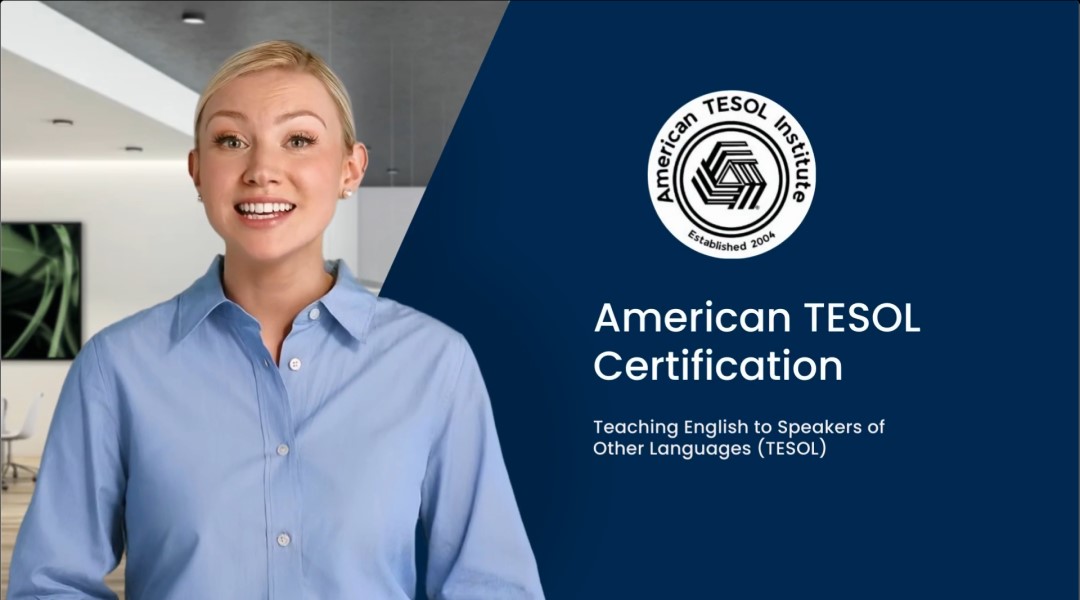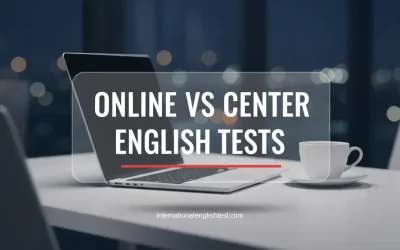In the field of English language teaching, certifications like TESOL (Teaching English to Speakers of Other Languages) have become highly valued qualifications for educators around the world. Whether you’re aiming to teach English as a second language in your home country or abroad, a TESOL certification can open many doors. But what exactly is TESOL, and how can it benefit your career? Read on to discover everything you need to know.
What is TESOL?
TESOL stands for Teaching English to Speakers of Other Languages. It’s a certification that trains individuals to teach English to non-native speakers. Unlike TEFL (Teaching English as a Foreign Language), which is more focused on teaching English in non-English-speaking countries, TESOL can be used for teaching both in English-speaking countries and internationally.
A TESOL certification equips teachers with essential skills to effectively teach English, focusing on areas such as grammar, vocabulary, pronunciation, lesson planning, and classroom management. The course also addresses teaching techniques for students of different ages and proficiency levels.
Why Get a TESOL Certification?
1. Increase Job Opportunities
Many schools and institutions around the world require teachers to hold a TESOL certification, especially if you plan to teach non-native speakers in either a classroom setting or online.
2. Boost Your Earning Potential
With a recognized TESOL certification, you’ll qualify for a wider range of teaching positions that offer higher salaries compared to non-certified teachers.
3. Develop Professional Skills
A TESOL course is not just about teaching English; it’s about learning how to teach effectively. You’ll gain hands-on experience with lesson planning, classroom activities, and understanding the learning needs of students at various levels.
4. Teach Globally
TESOL is internationally recognized, making it the perfect qualification if you’re looking to teach English in different parts of the world. Whether you’re interested in working in Asia, Europe, or Latin America, TESOL opens up teaching opportunities across continents.
Types of TESOL Programs
There are various types of TESOL certification programs available. The right choice for you will depend on your specific career goals, budget, and schedule.
1. Online TESOL Courses
Ideal for those with busy schedules or looking for a flexible study option, online TESOL programs allow you to complete your training from the comfort of your own home. These courses typically take anywhere from a few weeks to several months, depending on the intensity.
2. In-Class TESOL Courses
In-class TESOL courses are more intensive, providing hands-on teaching experience and face-to-face interaction with fellow trainees and instructors. They often include practice teaching with real students, making them ideal for those who prefer an immersive experience.
3. Combined TESOL Courses
This type of course combines both online and in-person elements, offering flexibility while still providing practical classroom experience.
TESOL vs. TEFL vs. TESL
While TESOL, TEFL (Teaching English as a Foreign Language), and TESL (Teaching English as a Second Language) all fall under the same broad category of teaching English to non-native speakers, they differ slightly in focus:
- TESOL: Suitable for teaching English both in English-speaking countries (where English is a second language) and non-English-speaking countries (where English is a foreign language).
- TEFL: Generally focused on teaching English in non-English-speaking countries.
- TESL: Primarily used for teaching English to non-native speakers within English-speaking countries (e.g., teaching immigrants).
How to Choose the Right TESOL Course
With so many options available, choosing the right TESOL course can be a challenge. Here are a few factors to consider:
1. Accreditation
Make sure the course you choose is accredited by a reputable organization, such as the Accreditation Council for TESOL Distance Education Courses (ACTDEC) or Cambridge Assessment English. This ensures the quality of the course and its recognition worldwide.
2. Course Content
Check the syllabus to ensure it covers essential aspects of teaching English, including grammar, vocabulary, lesson planning, classroom management, and language skills development.
3. Support and Career Services
Some TESOL providers offer job placement assistance, resume building, and interview coaching. These services can be incredibly helpful in securing a teaching position after certification.
4. Course Duration and Flexibility
Consider how much time you can dedicate to your studies. Online TESOL courses offer more flexibility, while in-class programs may require a more structured commitment.
What Are the Requirements for TESOL Certification?
The requirements for TESOL certification vary depending on the program, but in general, you’ll need:
- A high school diploma or equivalent (a bachelor’s degree may be preferred by some employers).
- Fluency in English (native or near-native proficiency).
- Some programs may also require previous teaching experience, although this is not always necessary.
TESOL Career Opportunities
After completing your TESOL certification, you can teach in a variety of settings, such as:
- Language schools
- Public or private schools
- Online teaching platforms
- Corporate training centers
- Universities
Whether you’re interested in teaching children, adults, or business professionals, TESOL equips you with the skills to succeed in different environments.
Conclusion: TESOL for a Rewarding Teaching Career
TESOL certification is a fantastic investment for those looking to pursue a career in English language teaching. With the increasing global demand for English teachers, TESOL opens up a wide range of teaching opportunities worldwide. Whether you want to teach English online or travel the world while teaching, TESOL provides the tools and qualifications to turn your dreams into reality.
Start your TESOL journey today and embark on an exciting, rewarding career in teaching English to speakers of other languages!




